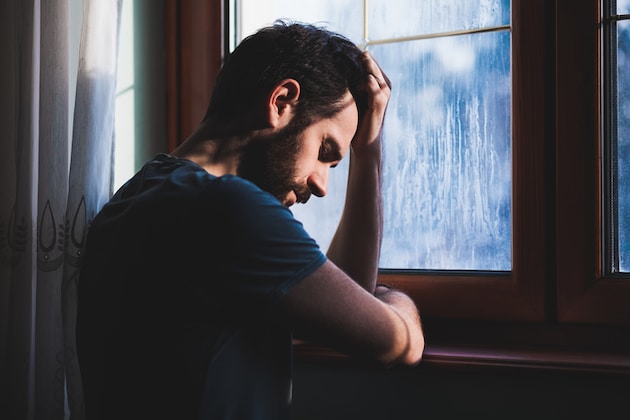Depression can affect anyone: experts and campaigns have been raising awareness of this for a long time. From a psychiatrist’s perspective, depression is less stigmatized today – but this is at the expense of other illnesses.
Addiction is still linked with guilt, and serious psychological problems are often portrayed by the media as close to crime: this is what psychiatrist Stefanie Schreiter observes. People suffering from addiction or those affected by schizophrenia have to struggle with social, psychological and physical problems anyway, writes Schreiter in a guest article for the magazine “Psychologie Today” (June issue). She is the managing senior physician at the Berlin Charite.
According to the expert, studies show that many people have become more open to depression. “Many people seem to be becoming increasingly aware that the transition between mental health and illness is fluid and that, in principle, any of us can develop depression.” However, this “new openness” is much less prevalent when it comes to serious psychological problems. The stigma is shifting.
Schreiter warns that the fact that there is a lot of public talk about optimizing mental health does not help severely mentally ill people. If anything, it makes their lives even harder: “For them, the stigmatization is like a second illness.”
In addition, socioeconomic status has a “significant influence” on mental health. The psychiatrist criticized that there was not enough awareness of this. Extremely poor or homeless people are significantly more likely to suffer from addiction or schizophrenia. “People with the fewest resources should therefore receive the highest form of support.” More anti-stigma work is also needed, “for example in the form of self-help groups, media campaigns and the training of (health) professionals.”
